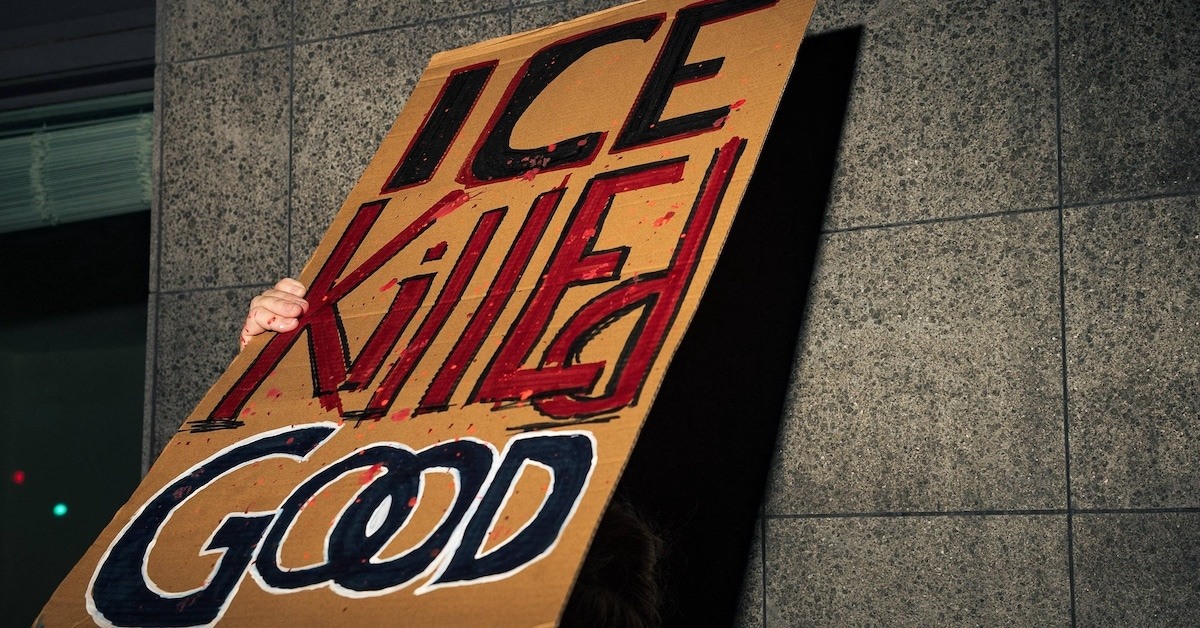BY: Walker
Published 2 years ago

American citizens in Haiti should leave the country “as soon as possible” because of spiraling security and infrastructure “challenges,” the U.S. Embassy said in a travel advisory.
via: BET
U.S. officials recommend booking airline or charter flights from Haiti’s international airports. “Flights fill up quickly and seats may only be available several days or even weeks in advance of departure,” the statement reads. “Given that there may be a limited number of seats, U.S. citizens should consider booking flights in advance.”
In April, United Nations envoy Maria Isabel Salvador warned the U.N. Security Council that conditions are increasingly dire in Haiti, urging the ambassadors to take immediate action. She told the U.N. body that Haitian police are overwhelmed, as armed gangsters expand their control of the capital city Port-au-Prince and terrorize the residents there. Meanwhile, approximately 5.2 million Haitians were in desperate need of humanitarian aid in an ongoing cholera epidemic.
The U.S. State Department’s advisory urged Americans in Haiti to “use extreme caution in traveling around the country.” Kidnapping foreigners for ransom has been a trademark of Haitian street gangs. Americans traveling in the country should turn around their vehicle and go to a safe area if they encounter a roadblock. They should review the department’s guidance on traveling in high risk areas.
In August, Alix Dorsainvil, a New Hampshire nurse residing in Haiti, and her daughter were released following their abduction on July 27, USA Today reported. Unidentified gunmen kidnapped them outside a clinic near Haiti’s capital Port-au-Prince where Dorsainvil worked.
Conditions in Haiti have deteriorated since the assassination of President Jovenel Moïse in July 2021. Since then, gangs have taken control of at least 60 percent of Port-au-Prince, ruling the streets through violence on residents.
Gangs in Haiti are increasingly using sexual violence against women to control people and territory. The gangs are even targeting children as young as 10, elderly women and sometimes men in the explosion of violence, according to a disturbing UN human rights report.
Meanwhile, citizen vigilante groups have emerged to fill the vacuum left by Haitian law enforcement. In April, the vigilante movement known as “Bwa Kale” took justice into their own hands and struck a blow against the gangs that rule Port-au-Prince. A mob of residents beat and burned to death at least 13 suspected gangsters after snatching them from police custody.










